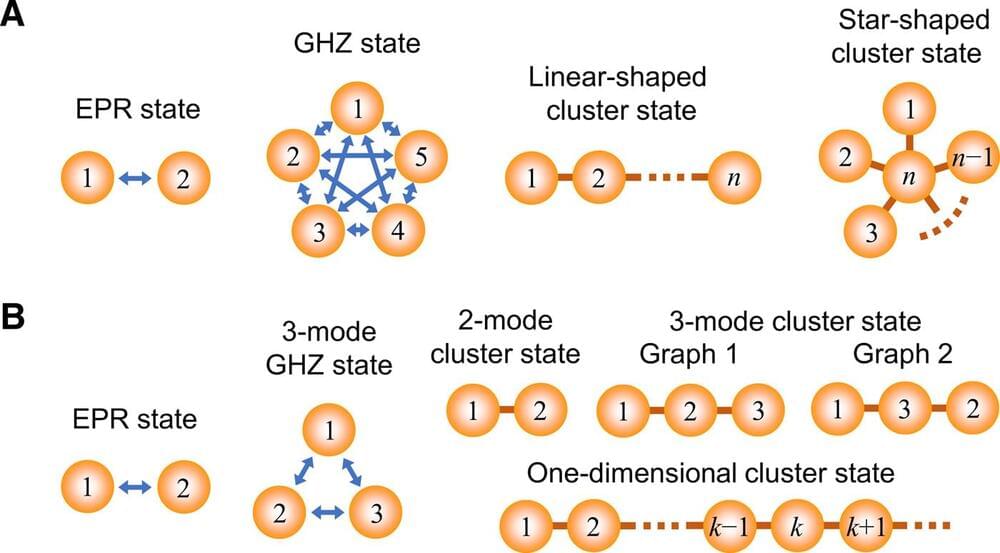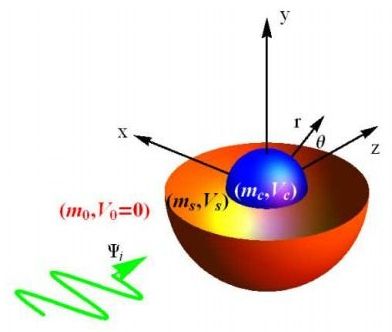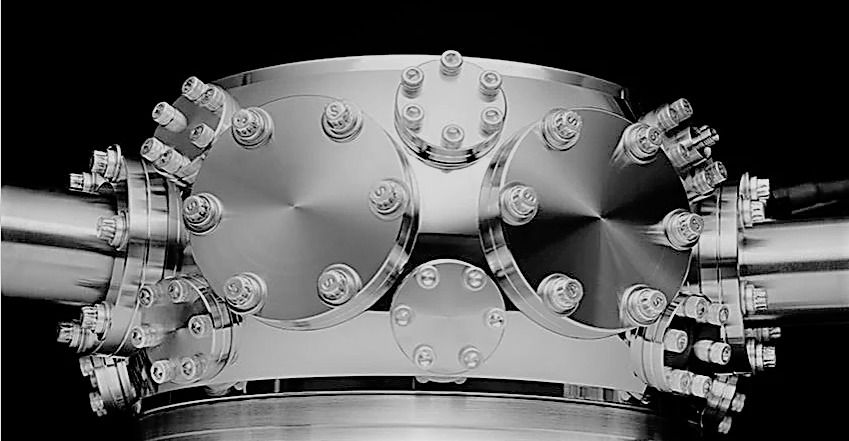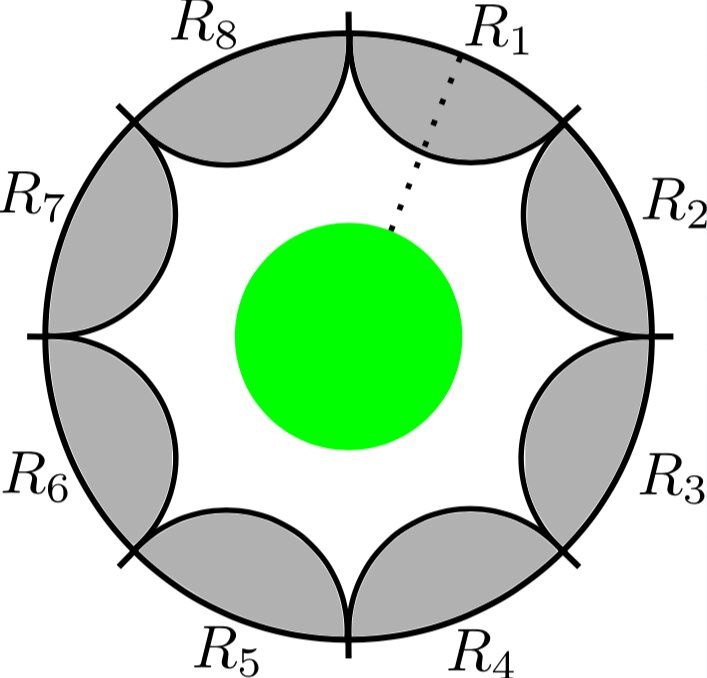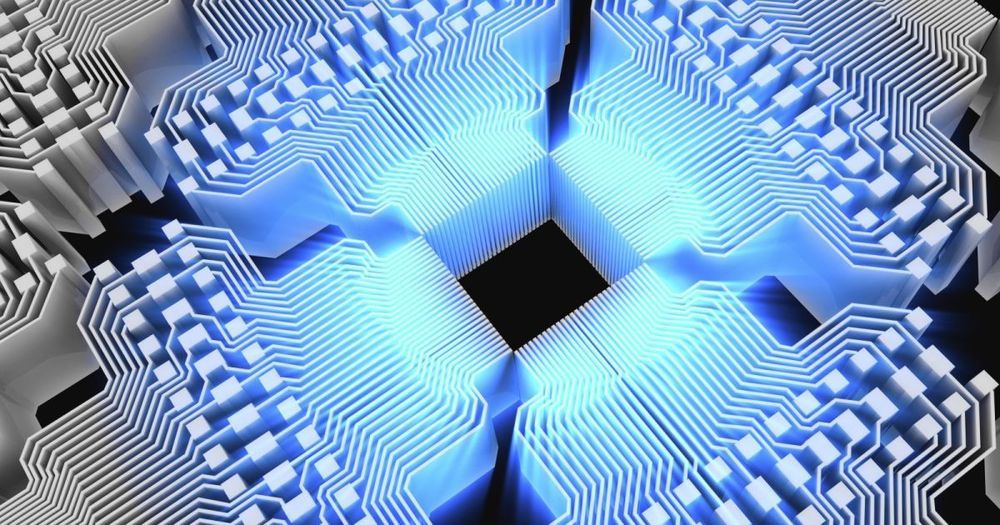May 29, 2019
On-demand, photonic entanglement synthesizer
Posted by Genevieve Klien in categories: engineering, quantum physics
Quantum information protocols are based on a variety of entanglement modes such as Einstein-Podolsky-Rosen (EPR), Greenberger-Horne-Zeilinger (GHZ) and other cluster states. For on-demand preparation, these states can be realized with squeezed light sources in optics, but such experiments lack versatility as they require a variety of optical circuits to individually realize diverse states of entanglement. In a recent study, Shuntaro Takeda and colleagues at the interdisciplinary departments of Applied Physics and Engineering in Japan addressed the shortcoming by developing an on-demand entanglement synthesizer. Using the experimental setup, the physicists programmably generated entangled states from a single squeezed source of light.
In the work, they used a loop-based circuit dynamically controlled at nanosecond time scales to process optical pulses in the time domain. The scientists generated and verified five different small-scale entangled states and a large-cluster containing more than 1000 modes in a single setup without changing the optical circuit. The circuit developed by Takeda et al. could store and release one part of the generated entangled states to function as a quantum memory. The experimental report published on Science Advances, will open a new way to build general entanglement synthesizers on-demand using a scalable quantum processor.
Entanglement is essential for many quantum information protocols in qubit and continuous variable (CV) regions, where they perform a variety of applications. For instance, the two-mode Einstein-Podolsky-Rosen (EPR) state is the most commonly used, maximally entangled state as a building block for two-party quantum communication and for quantum logic gates based on quantum teleportation. The generalized version of this state is an n-mode Greenberger-Horne-Zeilinger (GHZ) state central to building a quantum network, where the GHZ quantum state can be shared between n participants. For example, the n participants can communicate with each other for quantum secret sharing. For quantum computation on the other hand, a special type of entanglement known as cluster states has attracted much attention as a universal resource to allow one-way quantum computation.
Continue reading “On-demand, photonic entanglement synthesizer” »
